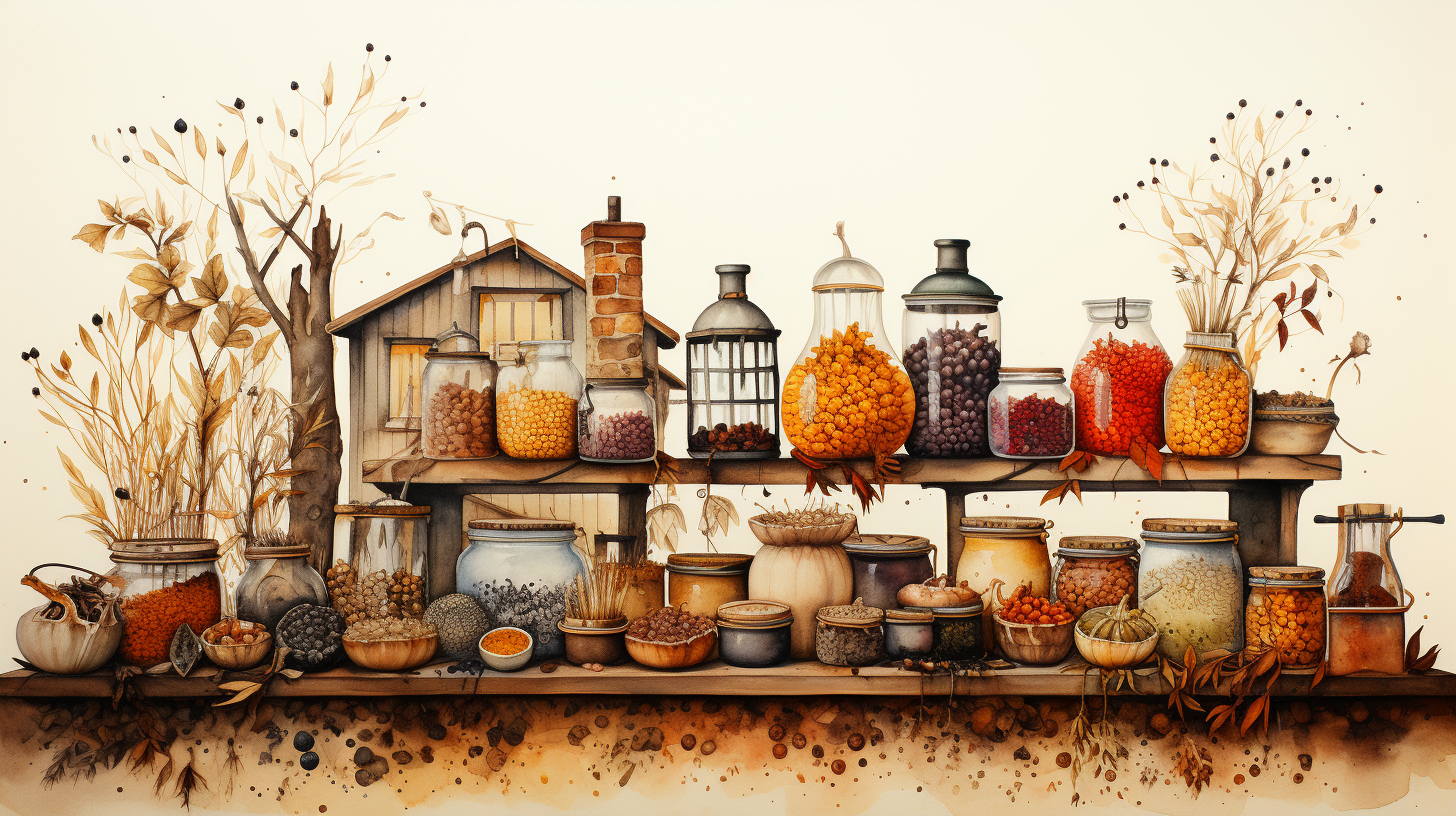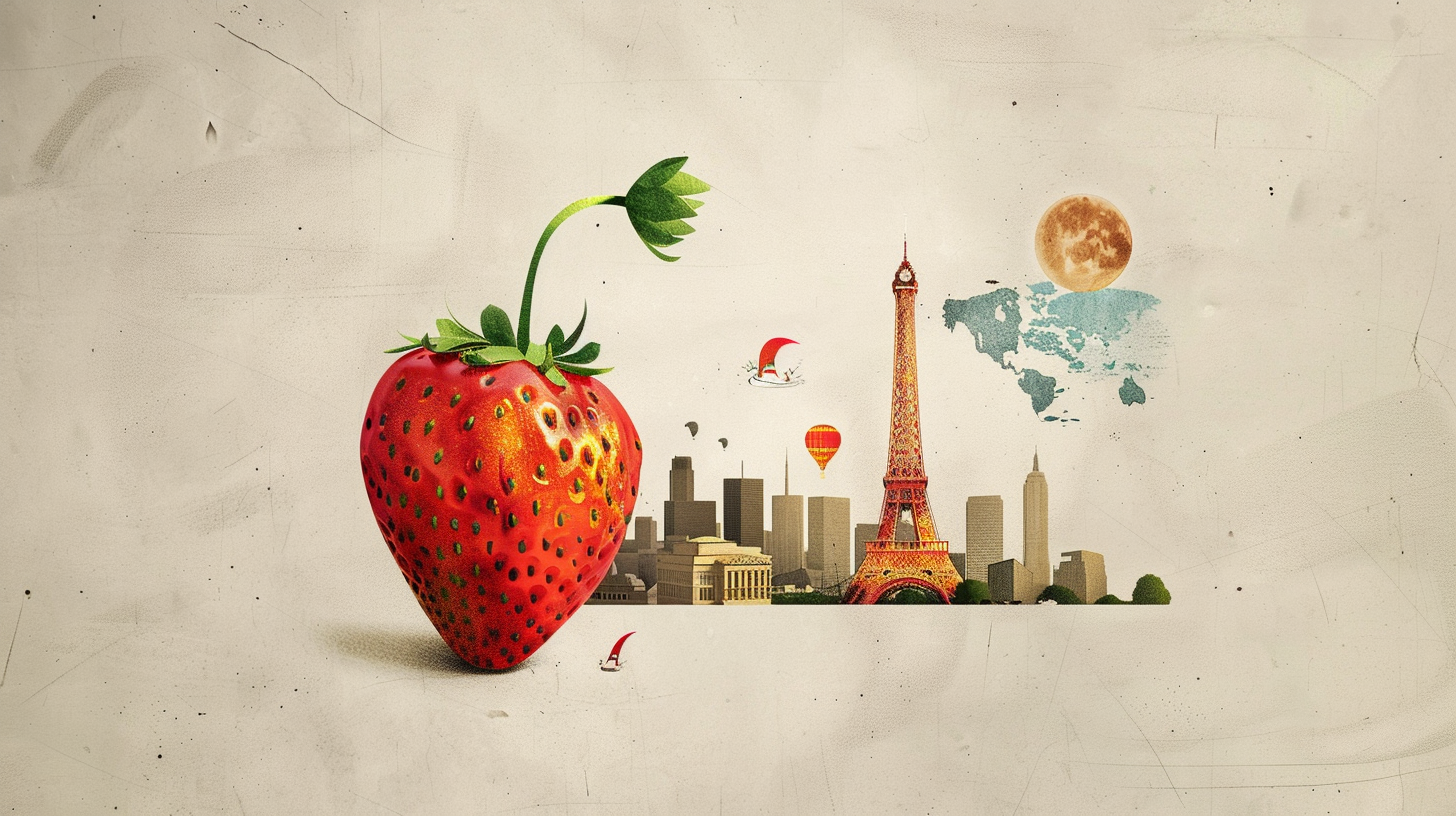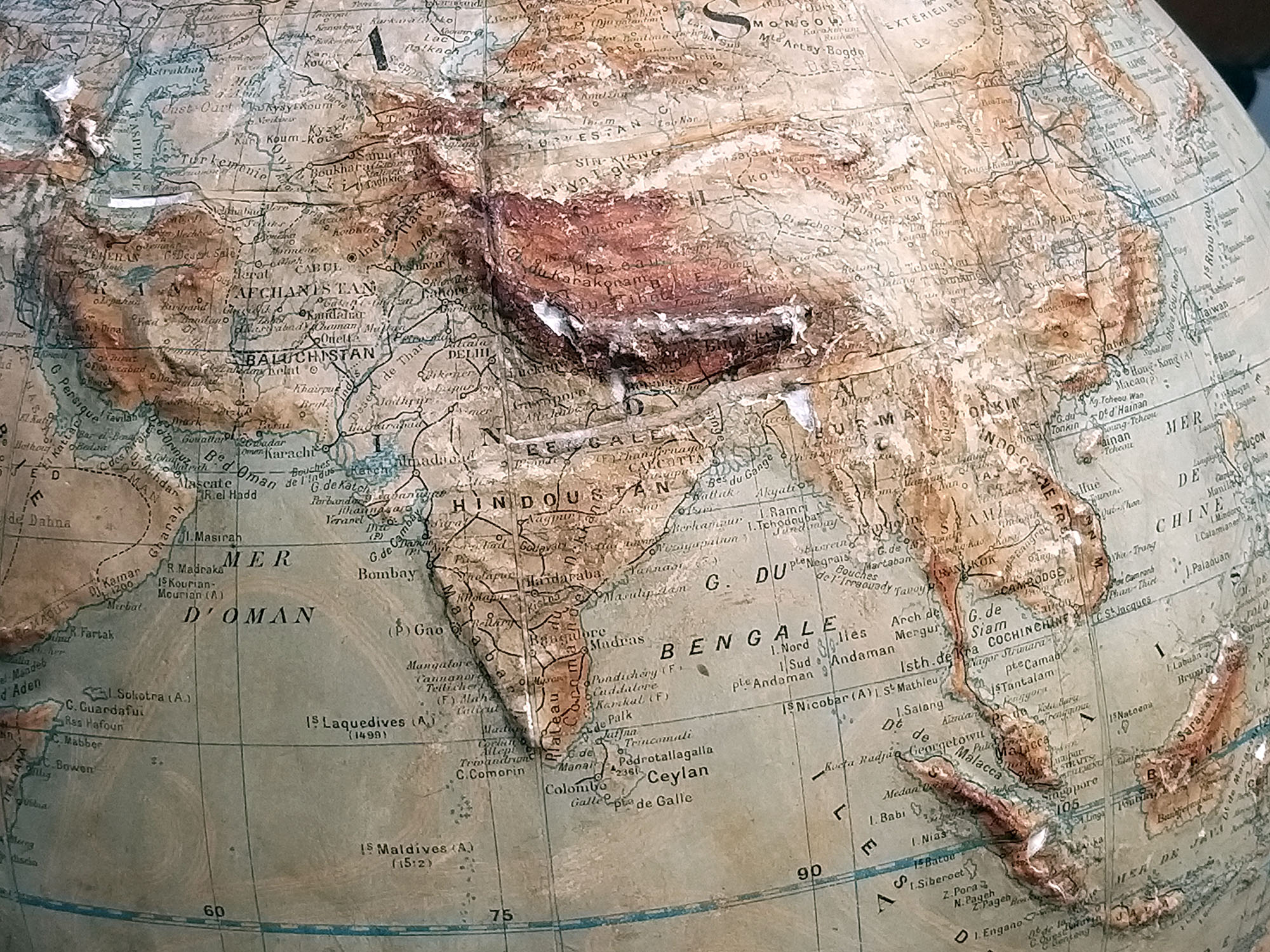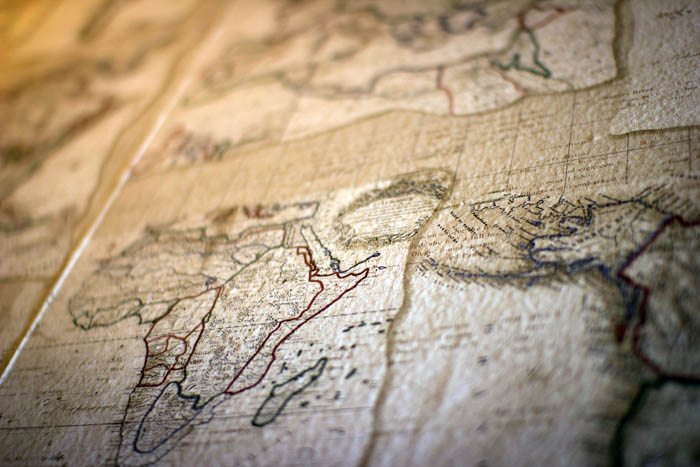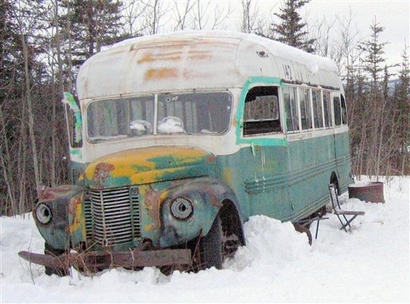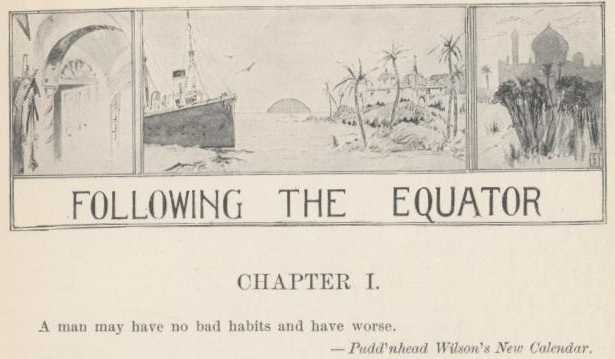Durante le vacanze estive del mio primo anno di università andai a Cornwell, dove ero stato invitato da una ragazza che viveva nel mio stesso residence studentesco, il tipo di ragazza con la quale mi sarebbe piaciuto avere una relazione del sesto grado; così, nell'entusiasmo del primo anno di libertà dalla famiglia, ero sicuro che sarebbe stata una settimana di sesso disinibito a volontà, magari sulla spiaggia.
Il viaggio in treno fu interminabile, comunque molto più lungo del previsto, però mi tenevano compagnia le fantasie erotiche sempre più complicate che avevo in testa, e non mi annoiai. Arrivato alla stazione di Cornwell mi venne incontro la ragazza con il suo fidanzato, un tipo con la barba e la giacca nera di pelle, che aveva qualcosa a che fare con le armi nucleari della Marina. Mi accompagnarono a casa della madre di lei, e li mi presentarono il fratello minore, un vegetariano con la faccia incazzata, che parlava l'esperanto e aveva appena confessato ai genitori di essere gay. Fu a quel punto che capii il perfido piano della tipa: pensando che anche io fossi gay, mi aveva invitato a casa per farmi conoscere il fratello e magari farci mettere insieme. La madre mi confidò che l'aveva appena visto in bagno mentre si provava un nuovo tanga. E mi fece pure l'occhiolino. Passai una settimana orribile, a visitare i posti turistici strizzato tra due uomini sul retro di una Datsun Sunny. Mi venne la stitichezza.
Anonimo, citato in Kieran, Dan e Mondadori. 2008. Cinquanta vacanze orrende: storie di viaggi infernali. Torino: Einaudi.


